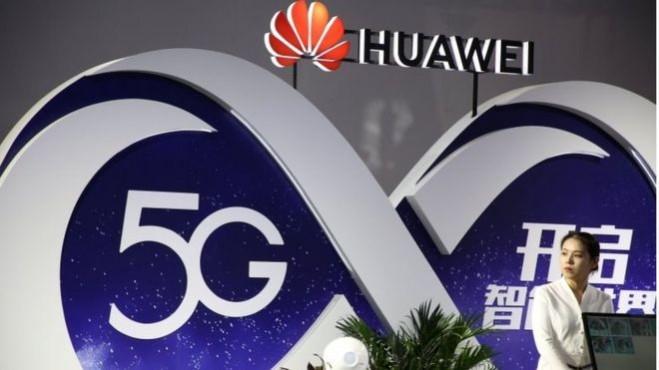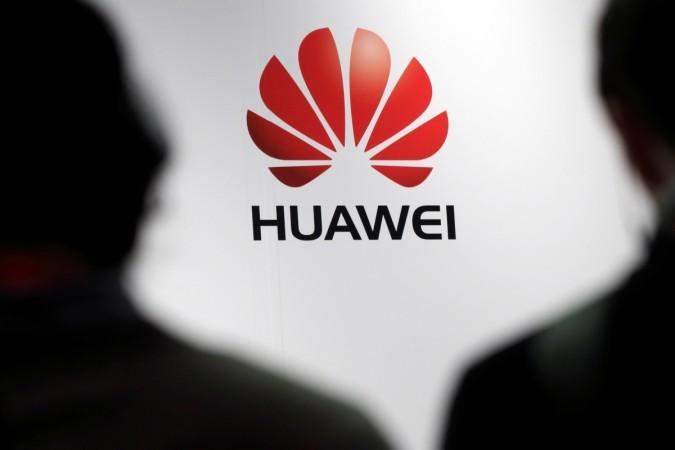Last Wednesday, British Prime Minister Theresa May sacked Gavin Williamson from the position of defence secretary following a leak of sensitive information from a National Security Council meeting. The leak was about Huawei's 5G technology being allowed to grow with help from the UK, but the police pointed out that it was not a criminal offence.
Williamson said in a statement, "With the Metropolitan Police not willing to do a criminal investigation it is clear a proper, full and impartial investigation needs to be conducted on this shabby and discredited witch-hunt that has been so badly mishandled by both the prime minister and Mark Sedwill."
The UK is in a bind, as the debate has shifted from security concerns regarding Huawei to allegations of leaks to the press from within the government. Then, the landscape changed when rumours surfaced that Vodafone, Europe's largest phone company, had found a backdoor into Huawei's networking equipment a few years ago.
Three of the five countries from the intelligence-sharing Five Eyes network, the USA, Australia and New Zealand have already banned Huawei Technologies from being used in government agencies. This put pressure on the UK and Canada from Washington, as the US publicly condemned companies that used Huawei technology. Experts on the subject believe that the US wants to prevent a Chinese company from being the leaders in bringing the new technology to the world. The ultimate decision would essentially result in a trade-off between security concerns and the rejection of newer, more powerful technology.

These developments have had a major impact on global relations. Canada is suffering due to the import block imposed by China in view of the US-China spat. "It is the United States' position that putting Huawei or any other untrustworthy vendor in any part of the 5G telecommunications network is a risk," said Robert Strayer, deputy assistant secretary for cyber, international communications and information policy at the State Department. The US is stating a possible breach as the main reason for denying advancement to 5G through Huawei.
India has been dragged in the fray as well. A senior government official told Economic Times, "We are seeing that the UK has decided to use Huawei equipment in some non-core areas. Also, Germany is pushing back on the US pressure," he said in reference to the pushback from the two countries. "It is unfair to deprive telcos of end-to-end technology at a lower cost which the Chinese company offers."

Huawei officials seem confident that the company will be allowed to conduct trials in India, reiterating their track record in security and their primary objectives of protecting user data. They hope to begin trial after the election results get announced on May 23. "Our equipment is compliant to international standards and tests, and we are ready to comply with any government regulations and tests in India," said the senior Huawei India official. Stakeholders await the allotment of the 5G spectrum by the Indian government.
In a conference on February 26, Huawei's rotating chairman, Guo Ping had assaulted the US over security concerns: "Prism, prism, on the wall, who is the most trustworthy of them all?" he said in reference to the previously-secret NSA (National Security Agency) data surveillance project. "If you don't understand that question, you can go ask Edward Snowden." He added, "The Cloud Act allows them to access data cross-borders. So, for the best technology and for greater security, please choose Huawei."
A decision is yet to be made on all fronts and the longer this debate drags out, the more time other companies will have to catch up to Huawei.

















